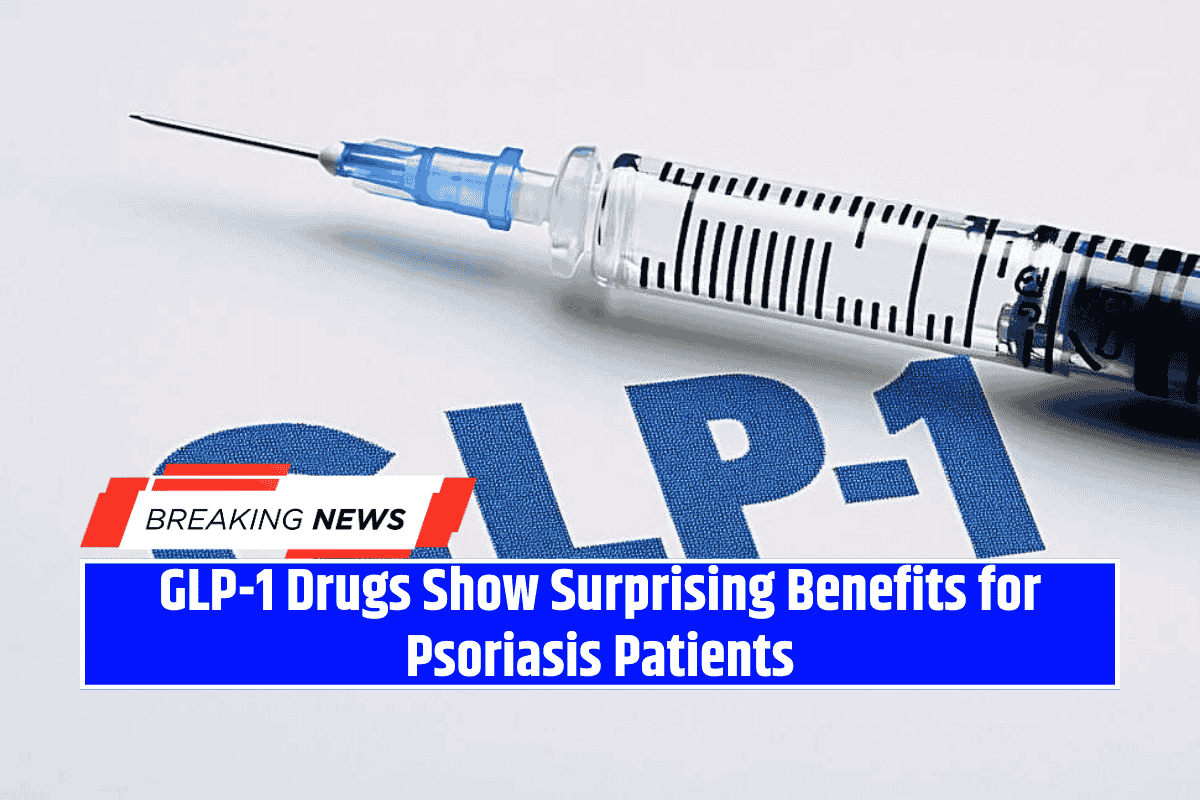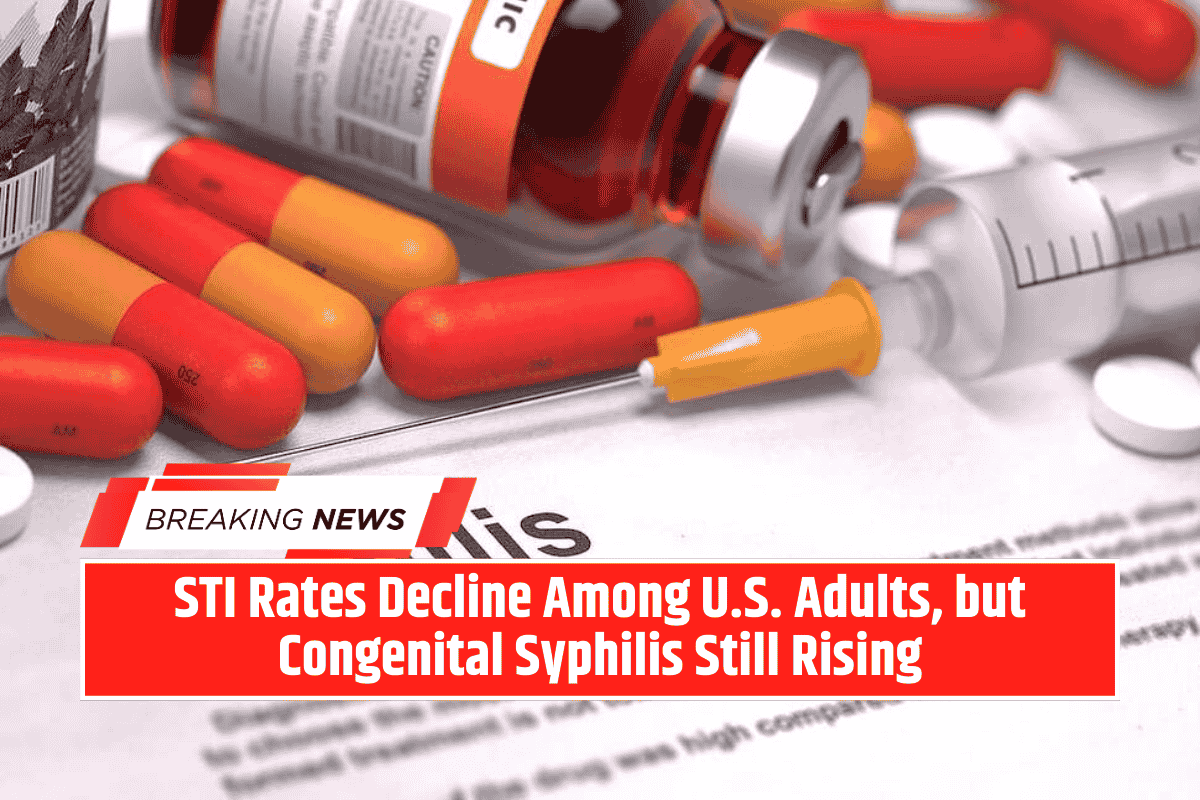A new study suggests that cutting-edge GLP-1 drugs such as Ozempic and Zepbound may provide psoriasis patients with health benefits far beyond weight loss and diabetes control. According to researchers, patients with psoriasis taking GLP-1 medications experienced:
- 78% lower risk of premature death
- 44% lower risk of heart attack, stroke, or other cardiovascular events
- 65% lower risk of alcohol abuse
- Nearly 50% lower risk of substance abuse
These findings were presented Thursday at the European Academy of Dermatology and Venereology meeting in Paris.
Understanding GLP-1 Drugs
GLP-1 receptor agonists (GLP-1RAs) mimic the glucagon-like peptide-1 hormone, which:
- Helps regulate insulin and blood sugar levels
- Reduces appetite
- Slows digestion
Traditionally used for diabetes and weight management, these drugs may also have anti-inflammatory and neurological effects that make them uniquely beneficial for patients with psoriasis.
The Study
Researchers analyzed data from more than 3,000 psoriasis patients with diabetes who were prescribed GLP-1 drugs over a two-year period. Their outcomes were compared to:
- Another 3,000 psoriasis patients on other diabetes medications
- Over 110 million healthy Americans
The results showed particularly strong benefits when comparing GLP-1 drug users to psoriasis patients taking other diabetic treatments, suggesting the medications may interact directly with the inflammatory processes tied to psoriasis.
Why Psoriasis Patients Benefit
Psoriasis is a chronic autoimmune condition affecting up to 3% of the global population. Beyond its hallmark red, scaly, and itchy skin patches, the disease is linked to systemic inflammation that increases the risk of heart disease, stroke, and mood disorders.
Lead author Ralf Ludwig, professor at the Lubeck Institute of Experimental Dermatology, explained that GLP-1 receptor activation may inhibit pro-inflammatory mediators elevated in psoriasis patients.
He added that GLP-1 receptors are also found in areas of the brain tied to mood and the reward system, potentially explaining the reductions in alcohol and substance use.
Safe and Promising for Future Treatment
The study found that GLP-1 drugs appear to be as safe for psoriasis patients as for the general population. Researchers believe this opens the door for them to become a preferred therapy in psoriasis patients with coexisting diabetes or obesity.
“GLP-1RAs may offer a valuable dual benefit, improving both metabolic control and long-term health outcomes,” Ludwig said. “This represents an important step forward in holistic care for people living with psoriasis.”
Looking Ahead
While these findings are promising, they are considered preliminary until published in a peer-reviewed journal. If confirmed, GLP-1 drugs could transform the way psoriasis is managed—beyond treating skin symptoms to addressing the broader cardiovascular and psychiatric risks associated with the condition.









